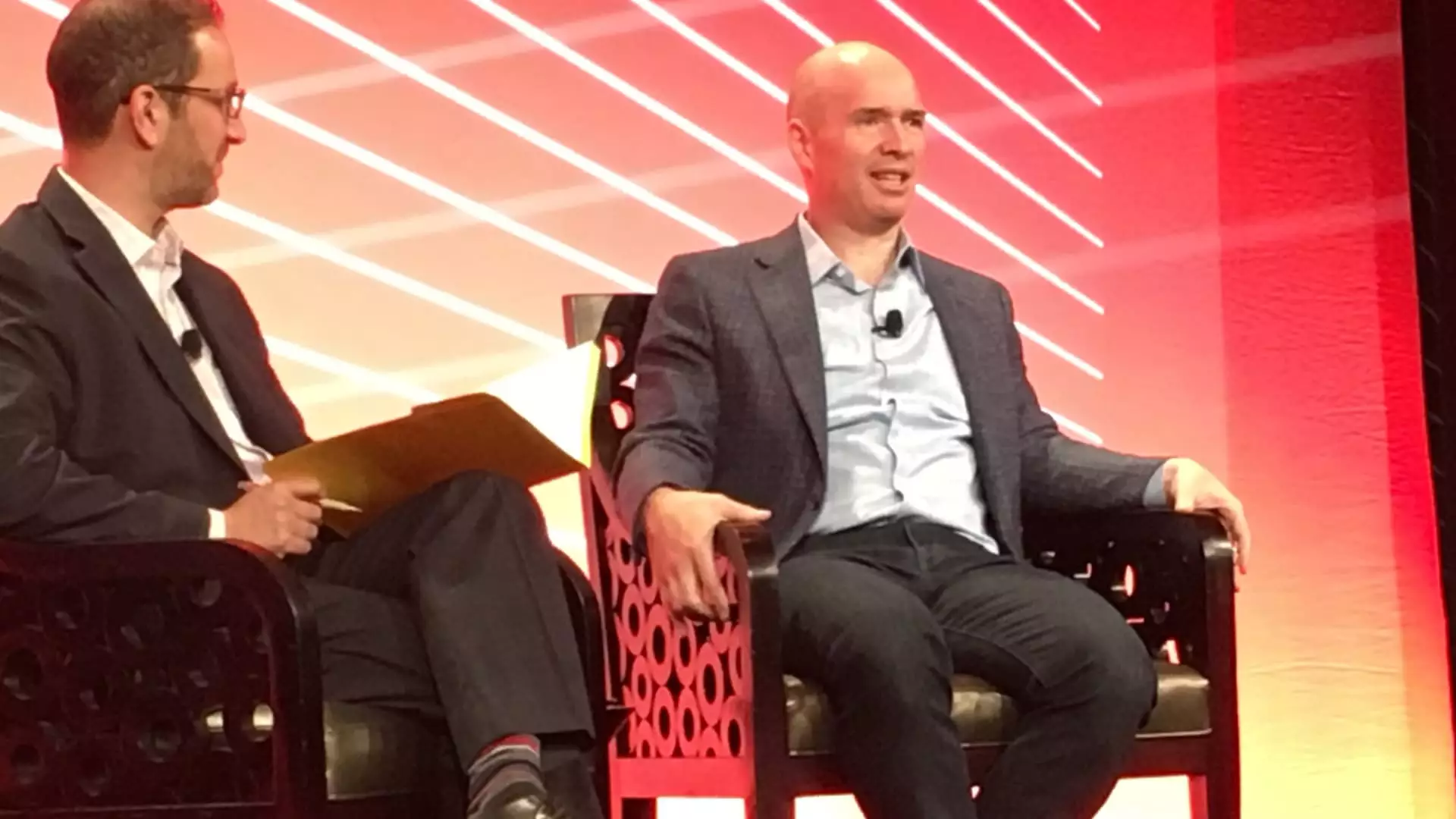In a surprising turn of events within the political landscape, tech investor Ben Horowitz, a prominent figure in venture capital, has revised his political contributions ahead of the upcoming presidential election. Just months after expressing support for Donald Trump through donations to related political action committees, Horowitz recently announced a significant donation to Vice President Kamala Harris’ campaign. This shift not only reveals the fluidity of political affiliations but also emphasizes the intricate relationships that exist between influential figures in technology and the political sphere.
Horowitz’s decision to support Harris is underscored by a long-standing personal relationship with the Vice President, as he elaborated in a letter to his colleagues at Andreessen Horowitz. Horowitz, alongside his wife Felicia, detailed their friendship with Harris, which has spanned over a decade. This personal connection undoubtedly plays a critical role in their political alignment. The acknowledgment of this relationship highlights how personal ties can significantly influence political decisions, particularly in an era where political capital is as critical as financial backing.
In his communication, Horowitz stated, “Felicia and I will be making a significant donation to entities who support the Harris Walz campaign.” This comment reflects a strategic move that transcends mere financial support. By contributing to Harris’ campaign, Horowitz is actively aligning with her political ideologies and objectives, thereby strengthening his and his firm’s influential position in the political dialogue. The choice to pivot from supporting Trump suggests a calculated strategy to reposition himself within the political landscape, potentially anticipating shifts in the electorate’s preferences as the election approaches.
Andreessen Horowitz, founded in 2009 by Marc Andreessen and Ben Horowitz, has traditionally shied away from endorsing specific political candidates, opting instead to focus on what they term “Little Tech.” Prior communications from the firm emphasized an agenda centered around protecting smaller tech companies and advocating for policies favorable to the tech industry. Despite their prior affiliation with Trump’s campaign due to what they perceived as a more beneficial agenda for tech startups, their newfound support for Harris signifies a nuanced evolution in their approach to political involvement.
Yet, even with this shift, it is essential to note that the firm has been openly critical of the Biden administration, particularly regarding its stance on startups and cryptocurrency. Their support for Harris does not imply an unqualified endorsement of all Democratic policies; rather, it is indicative of a complex interplay where personal relationships intertwine with business interests. This duality prompts broader questions about the motives behind political contributions in the tech industry, particularly as these relationships can often lead to future lobbying for favorable regulations.
Ben Horowitz’s recent political contributions illuminate the interconnectedness of personal relationships and political support in the tech sector. While this decision may reflect an alignment with personal values and friendships, it also raises crucial questions about the motivations behind such actions. As the political landscape continues to evolve, the implications of these decisions will resonate beyond the individual, shaping the broader dialogue between technology and politics in the United States. Ultimately, the shifts in support from figures like Horowitz may signal significant changes in both electoral dynamics and policymaking as we approach the 2024 presidential election.


Leave a Reply